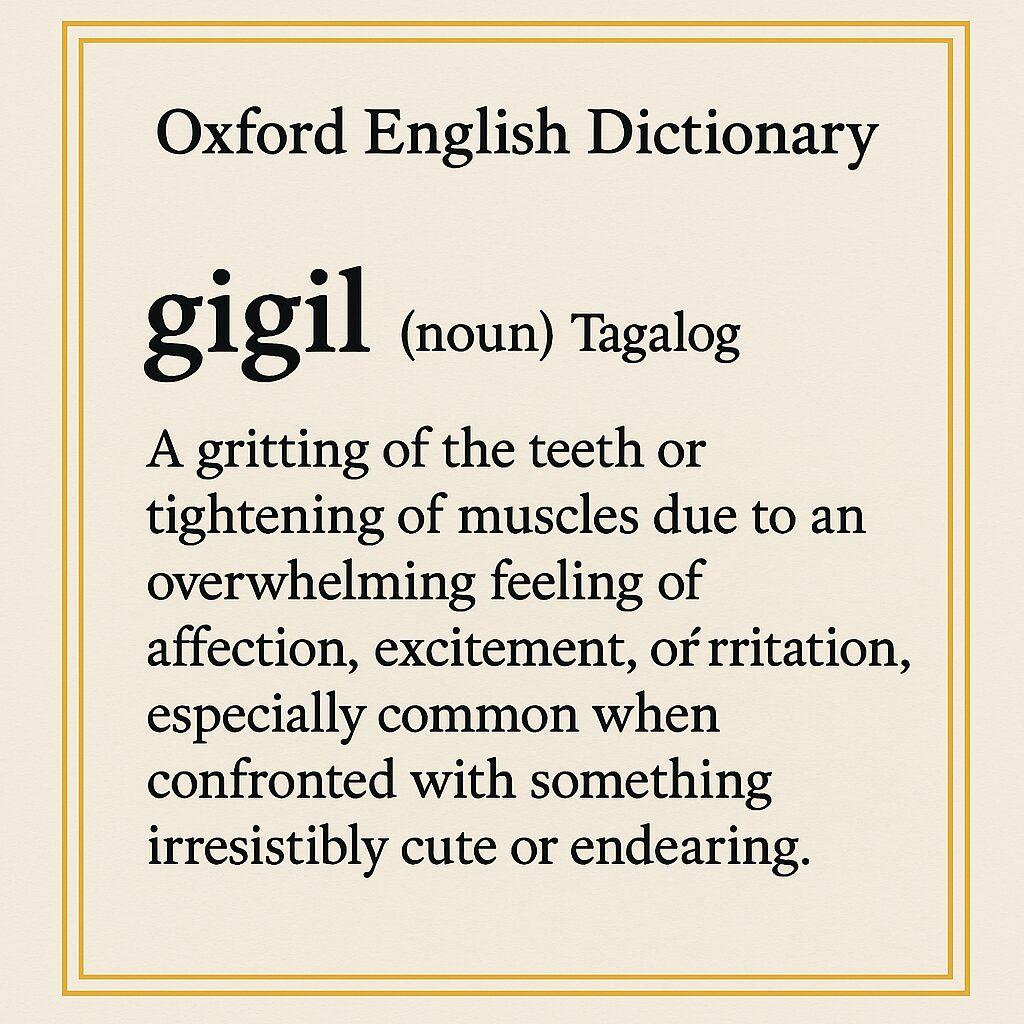Everyday seems to be a constant struggle to decide between what is right and wrong, in small ways that nobody ever sees.
You win one day and lose the next day. Some nights, my pillow is like a stone.
Doing what is right is something we don’t learn from people who sermonize, or moralize to teach what’s right or wrong.
We learn this from people whom we admire and respect, who have power over us. They are the real teachers of ethics. Those who purport to teach what is good (whether they are in churches or in high education), generally are no better people.
We get an inculcation from our parents, which only gives us an orientation towards the right choices, as we function as best as we can.
How we get rewarded, what impedes and what helps us, teach us how to act.
Our parents want to teach us values: the value of caring, the value of being trustworthty, the value of trying hard, the value of accountability — but all these, we learn without being taught.
Nowadays, just about everywhere we turn, people are talking about politics. We can’t eliminate politics — it’s a spectator’s sport.
It used to be that running for public office was a very noble enterprise. But there has been slippage, we’ve gone to pendulum swings from the idealistic period into the words of Joseph Heller (Catch 22):
“Politics is our national soap opera. We know that we are watching a soap opera, but we watch it and respond to it.”
What was so overwhelmingly congenial before has become increasingly hostile and insufferably trivial.
Whether conducted on talk shows, played out at dinner or cocktail parties, politics has turned into a nasty sport, much more bitter and vicious in their attacks against each other, merciless in portraying their opponents — hoping to be the day’s purveyor of hate.
We want to understand why people behave the way they do, and what can be done to influence them to behave differently. Why can’t anybody just play nice?
Like the symbol of the good things we used to be, why not give an essence of some level of caring?
That is what distinguishes us, as human beings.
The things that are right and that help people and society are things like compassion, honesty, fairness, accountability, grace and goodwill.
Far from a eulogy of courtesy, those are absolute, universal and ethical values.
You make some happy, bring some joy, remove some pain and a lot of harsh in this world will diminish.
Perhaps, we could all go back to what it was like to be symbols of the thing we used to be.
We may need to listen to one another’s story again — everybody is a story, listen from the soul.
The human tradition of shared experience, that shows us life in all its power and mystery, reminds us that the things we cannot measure maybe the best things that ultimately sustain and enrich our lives—from suffering, meaning, love, faith and how we relate with one another.
We might discover that some goals in life may not be a precise destination, but that we can travel together with humor and meaning, with purpose and quality companionship, with warmth and tenderness.
Loneliness is the hidden wound of our time—the price we pay for embracing such frontier values as independence, self- reliance and competence, all of which we can anchor our conscience on.
***
E-mail Mylah at [email protected]






